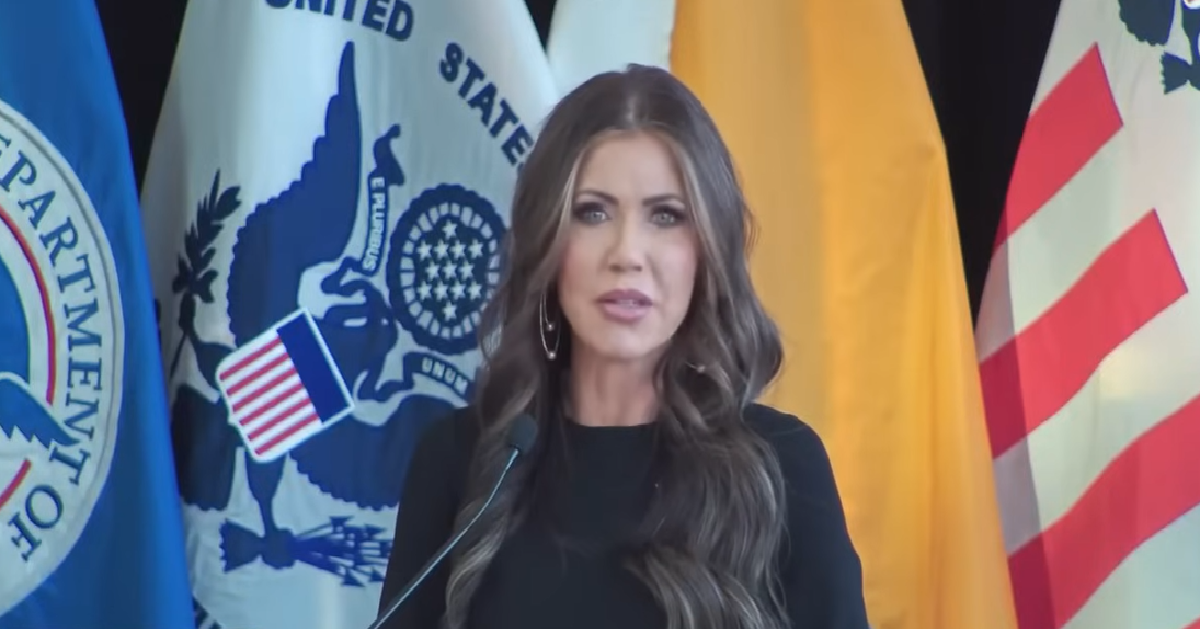Appeals court allows executive order excluding some federal workers from collective bargaining
The Hill reported in March that President Donald Trump signed an executive order that bars many federal employees from collective bargaining.
While a district judge initially blocked the order from taking effect, an appeals court has sided with the president.
Plaintiffs assert that executive order is political retaliation
According to The Hill, a three-judge panel for the 9th Circuit Court of Appeals moved on Friday to overturn an injunction issued by U.S. District Judge James Donato.
Donato's ruling came in response to a challenge brought by the American Federation of Government Employees (AFGE) along with other organized labor groups.
Federal judges side with Trump on ending union bargaining for federal workers https://t.co/04iVKsRcof
— The Hill (@thehill) August 2, 2025
The plaintiffs maintained that Trump's order was an act of political retaliation rather than an effort to uphold national security as the president claimed.
Everett Kelley serves as president of the AFGE, and he put out a statement in March which condemned Trump's executive order.
Union head alleges "bullying tactics" by Trump
"President Trump’s latest executive order is a disgraceful and retaliatory attack on the rights of hundreds of thousands of patriotic American civil servants—nearly one-third of whom are veterans—simply because they are members of a union that stands up to his harmful policies," Kelley declared.
"This administration's bullying tactics represent a clear threat not just to federal employees and their unions, but to every American who values democracy and the freedoms of speech and association," he continued.
"Trump’s threat to unions and working people across America is clear: fall in line or else," the union head went on to assert.
While Donato agreed with the AFGE's position, the three-judge panel concluded that Trump "would have taken the same action even in the absence of the protected conduct."
Judges point to 1978 law on collective bargaining rights for federal workers
What's more, they concurred that the federal employees covered by Trump's executive order work at agencies which have "primary functions implicating national security."
As such, they are excluded from the Federal Service Labor-Management Relations Statute, a 1978 law which granted collective bargaining rights to most federal workers.
The Hill noted that the three-judge panel which ruled for Trump included two judges which he appointed along with one that was added by former President Barack Obama.
As well as allowing Trump's executive order to proceed, the panel advised the federal government to avoid entering into collective bargaining agreements until "litigation has concluded."






